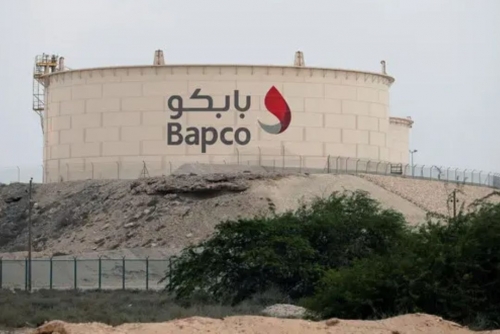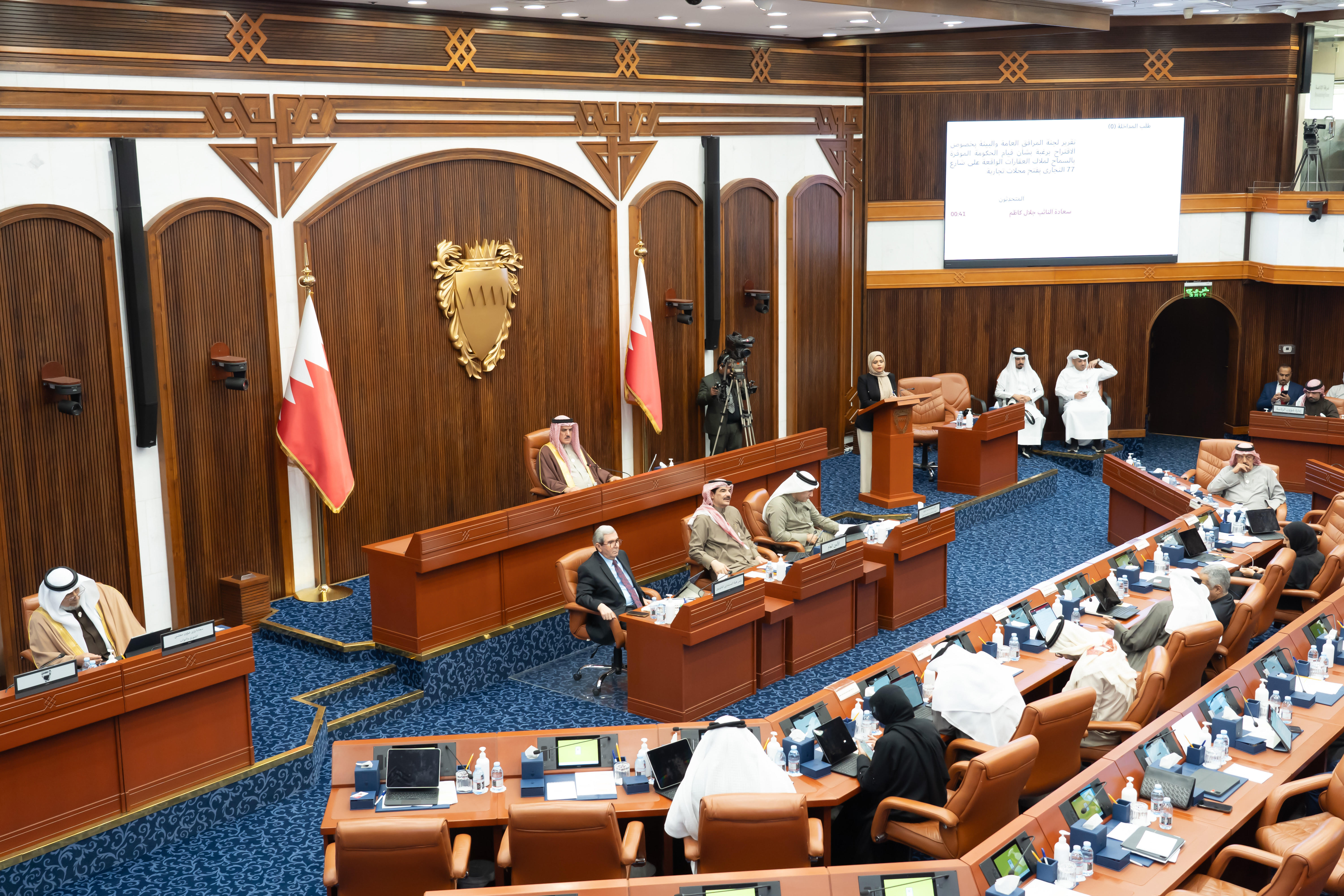MPs want Mumtalakat, Bapco to funnel earning into public budget, Government pushes back
TDT | Manama
Email: mail@newsofbahrain.com
A proposal r equiring state-owned companies, including Mumtalakat Holding Company and Bapco Energies, to transfer at least half of their earnings to the general budget has encountered opposition from the Government.
Ministers and company officials argue that this measure, set to be discussed by Parliament on Tuesday, could potentially leave the government liable for any future losses. The draft law, which has been reviewed by the Financial and Economic Affairs Committee, also mandates that audited financial reports be presented to Parliament within five months of the financial year’s conclusion. The National Audit Office would then review the reports before they are signed off by Parliament and the Shura Council, followed by publication in the Official Gazette.
Additionally, the proposal sets a six-month deadline for the responsible minister to establish regulations for its application. However, the government has rejected the measure, deeming it unnecessary, as Parliament already has the power to monitor revenue from Mumtalakat and Bapco Energies through budget discussions and financial oversight mechanisms. Both companies are already subject to external audits and regularly publish financial reports.
In a submission to the Financial and Economic Affairs Committee, Mumtalakat argued that its finances are already transparent and open to both Parliament and the government. They believe a mandatory profit transfer would be both redundant and detrimental. Mumtalakat explained that its funds are managed according to its founding charter, allowing flexibility for reinvestment. A fixed profit transfer, they warned, could hinder investment decisions and long-term planning. Additionally, shareholders in any company, including the government, typically decide how much profit is distributed, balancing dividends with reinvestment.
Mumtalakat emphasized its contributions to the public purse, stating that since 2017, it has transferred BD200 million to the government, with annual contributions increasing from BD20 million to BD40 million in the current budget cycle. These payments are made based on the company’s financial position and the broader economic environment.
Mumtalakat also rejected the claim that the new law was necessary for improved financial oversight, arguing that its finances are already tightly controlled. It is monitored by Parliament, scrutinized by the National Audit Office, and adheres to government procurement rules regarding tenders, purchases, and sales. The company’s audited accounts are publicly available, and it is required by the General Budget Law to submit annual accounts to the finance ministry and obtain ministerial approval before borrowing.
The Financial and Economic Affairs Committee has suggested amendments to the bill. One proposed change would limit the requirement for financial reporting to Parliament, excluding the Shura Council. Another change would replace the title ‘Minister of Finance and National Economy’ with the broader ‘minister responsible for financial affairs.’ The committee also recommends a shift in the law’s enforcement timeline, suggesting it take effect at the start of the next financial year, rather than immediately following its publication.
asdsd
Related Posts


